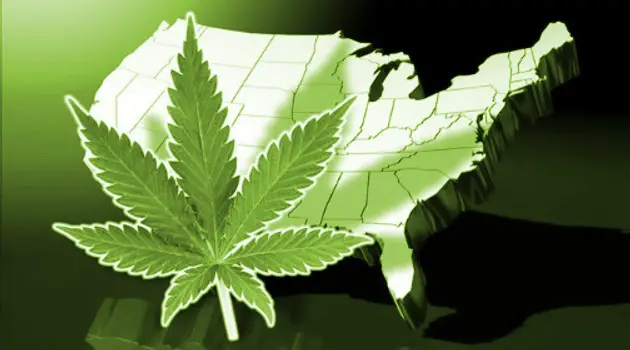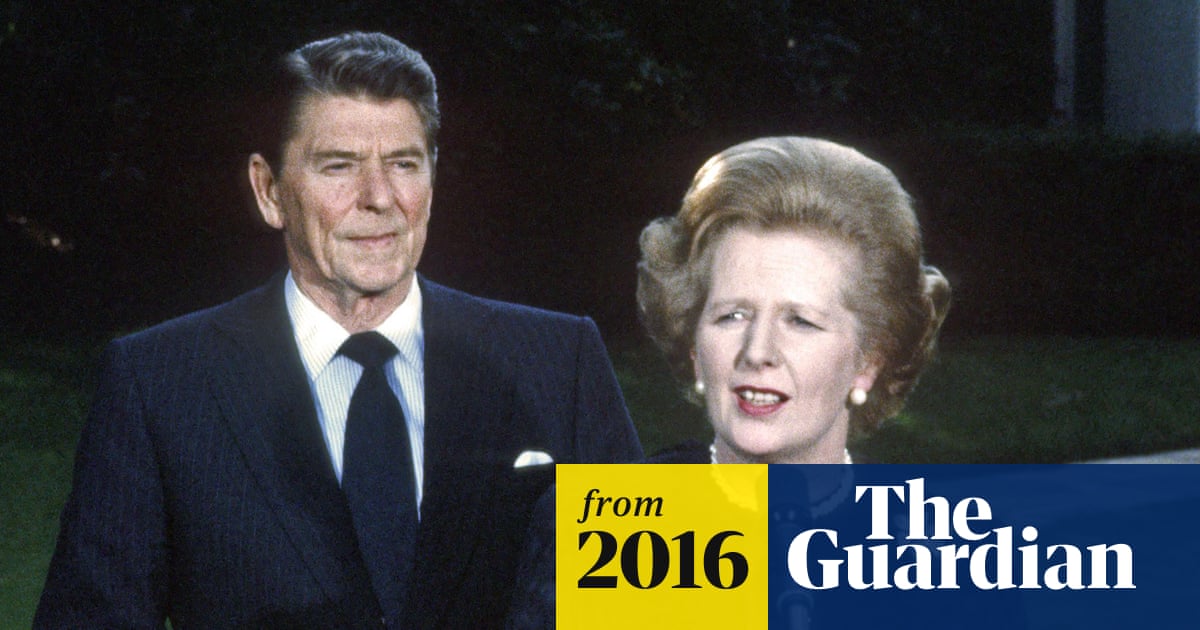It isn't a question of "equating" socialism with authoritarianism, and it seems reasonable to see collectivist doctrines as implying a degree of discipline on its adherents (pace a certain gentleman's predisposition to 'rebel'). But that isn't the same as imposing discipline on others, the population in general. Yes, liberalism seems to conjure up very different ideas in different people (individual freedoms, social liberalism, neo-liberalism, the Coalition) which create huge divisions among those who would count themselves 'liberal'. Socialism seems to me (a non socialist!) to be too defined for 'liberalism' to be equated - as Beefy does - with 'socialism. Yet arguably agreeing an iron definition from which no deviation is possible is a) authoritarian and b) necessary for political success.
Originally posted by Serial_Apologist
View Post






 ). I imagine that much of the early appeal of the revived Liberals was that they where neither of the other two, with people having little idea what they stood for. Conservatives are for the rich and the bosses, Labour is for the poor and the workers. Expressed in that binary form, what other position is there, other than vaguely in the middle somewhere? I'm not sure that there was much more than that (esp. NOTOT) which made the subsequent SDP/Liberal merger possible.
). I imagine that much of the early appeal of the revived Liberals was that they where neither of the other two, with people having little idea what they stood for. Conservatives are for the rich and the bosses, Labour is for the poor and the workers. Expressed in that binary form, what other position is there, other than vaguely in the middle somewhere? I'm not sure that there was much more than that (esp. NOTOT) which made the subsequent SDP/Liberal merger possible.
Comment